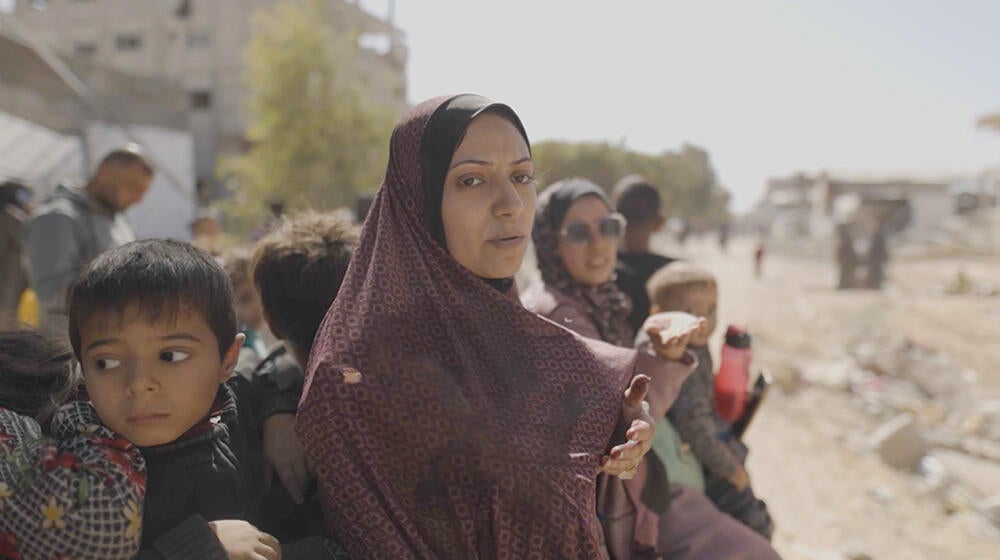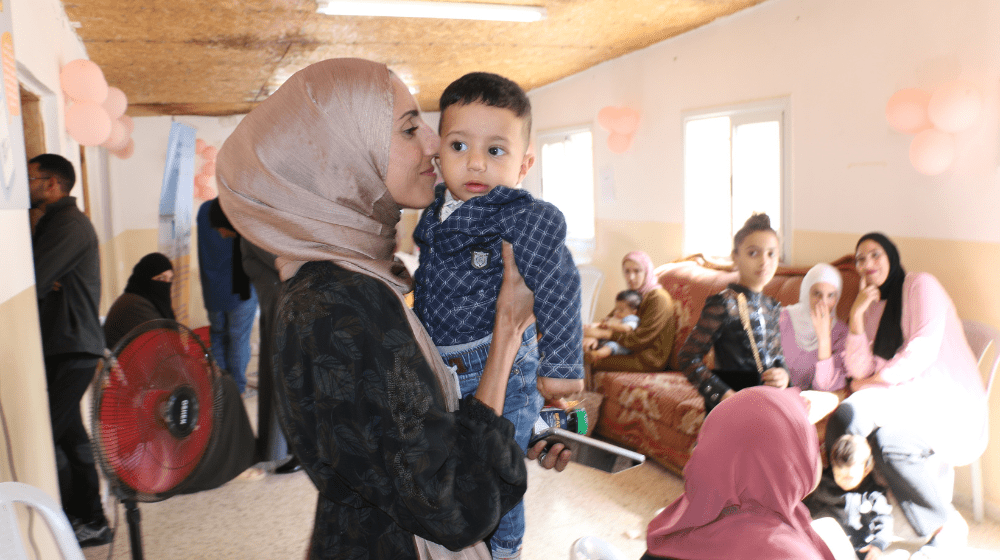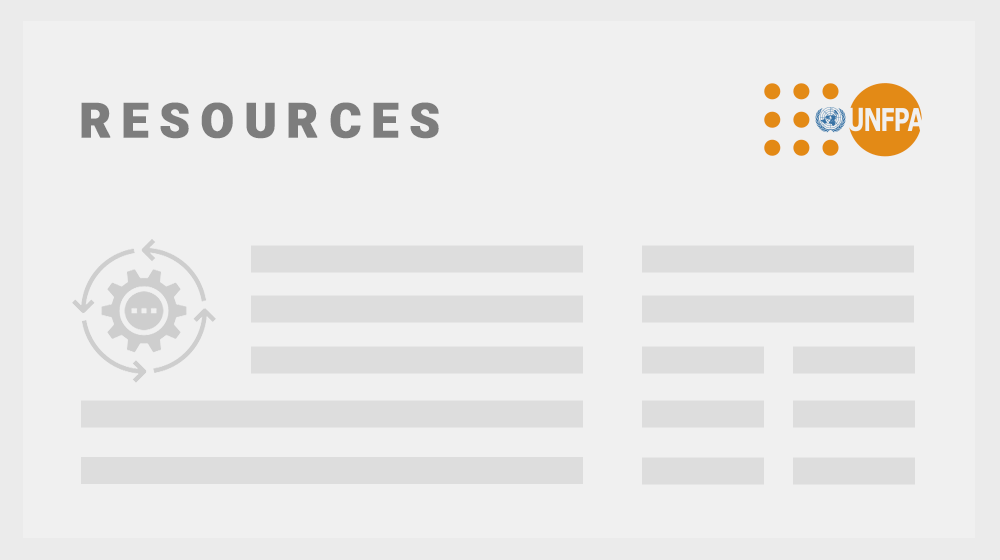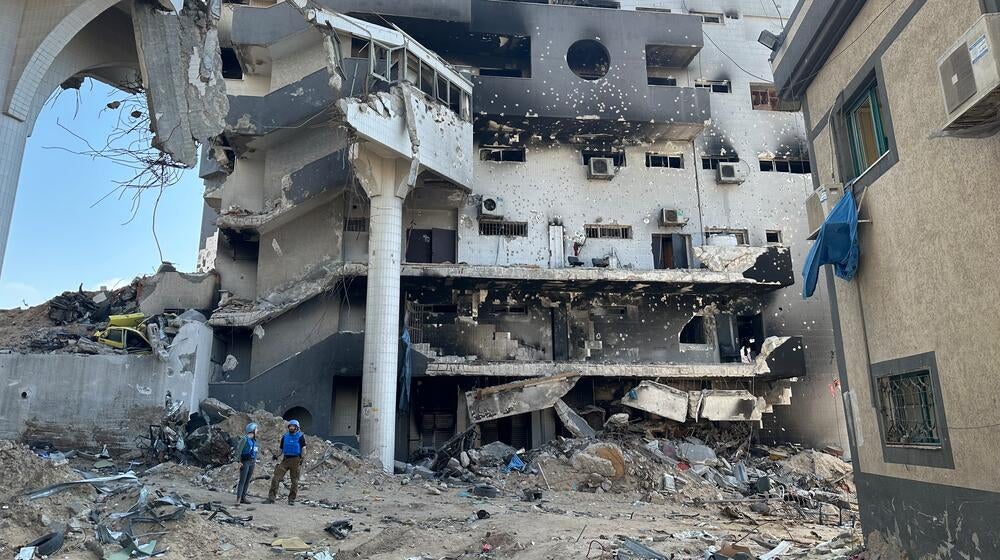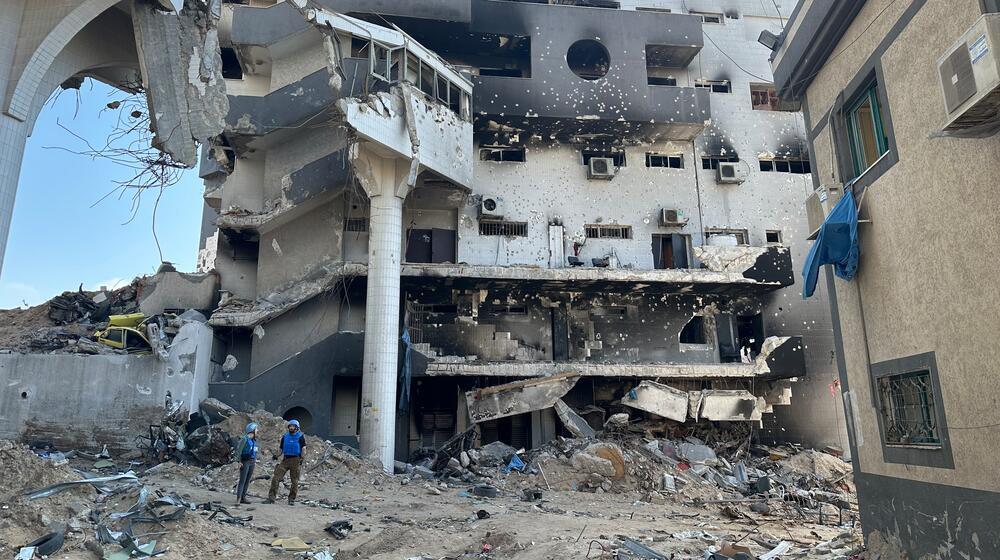Occupied Palestinian Territory
Amid the devastation of the war in Gaza, some 1 million women and girls, including an estimated 150,000 pregnant women and new mothers, have been forced to flee their homes and are living in dangerous conditions, without access to even the most basic health services.
With relentless attacks on healthcare since the war began in October 2023, only around half of Gaza’s hospitals are even partially functioning, depriving women and girls of access to critical care as well as the essentials to survive – food, water, shelter and protection from violence.
UNFPA is focused on ensuring that maternal healthcare and protection needs are met. During the ceasefire earlier this year, supplies including essential medicines for new mothers, newborns and safe births, as well as hygiene items, tents, blankets and clothes were all delivered to people in Gaza. Since the breakdown of the ceasefire and the imposition of a complete aid blockade, fuel, food and health supplies are prevented from entering Gaza. This is worsening malnutrition among pregnant women and leaving critical equipment for safe deliveries – such as incubators and ultrasound machines – stalled at border crossings.
In the West Bank, curfews as well as long-standing and stepped-up movement restrictions have impacted people’s livelihoods and prevented them from reaching schools, workplaces and health facilities – including for the 73,000 women who are currently pregnant. UNFPA-supported mobile clinics in the West Bank have reached displaced populations in Jenin and Tulkarm, providing medicines as well as sexual and reproductive health services, and UNFPA continues to support midwifery services in primary healthcare centres.
Updated 12 May 2025
